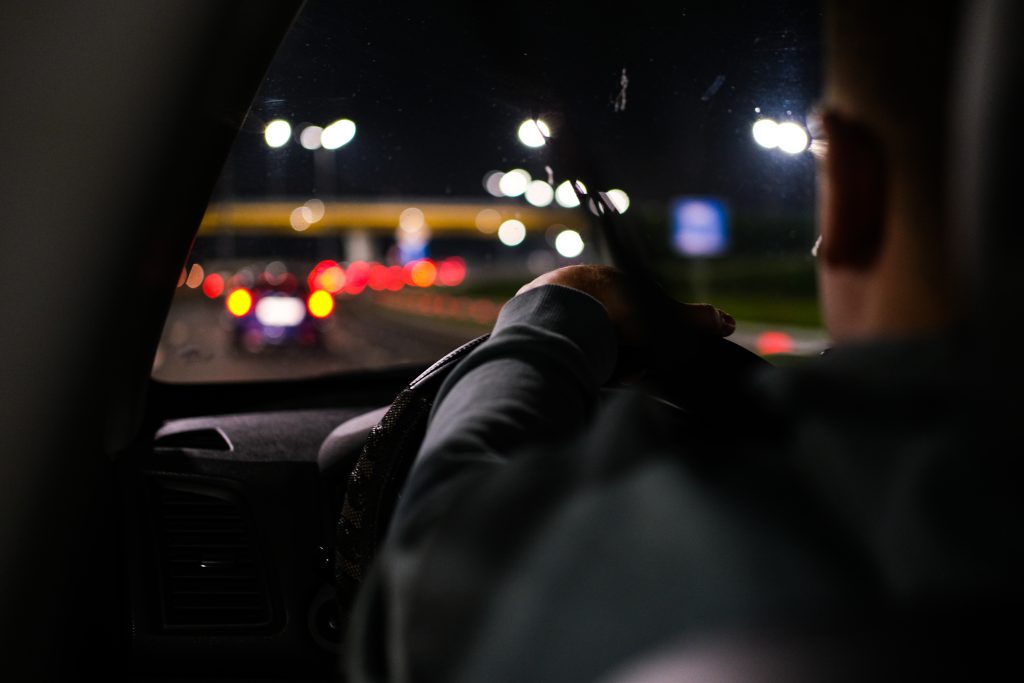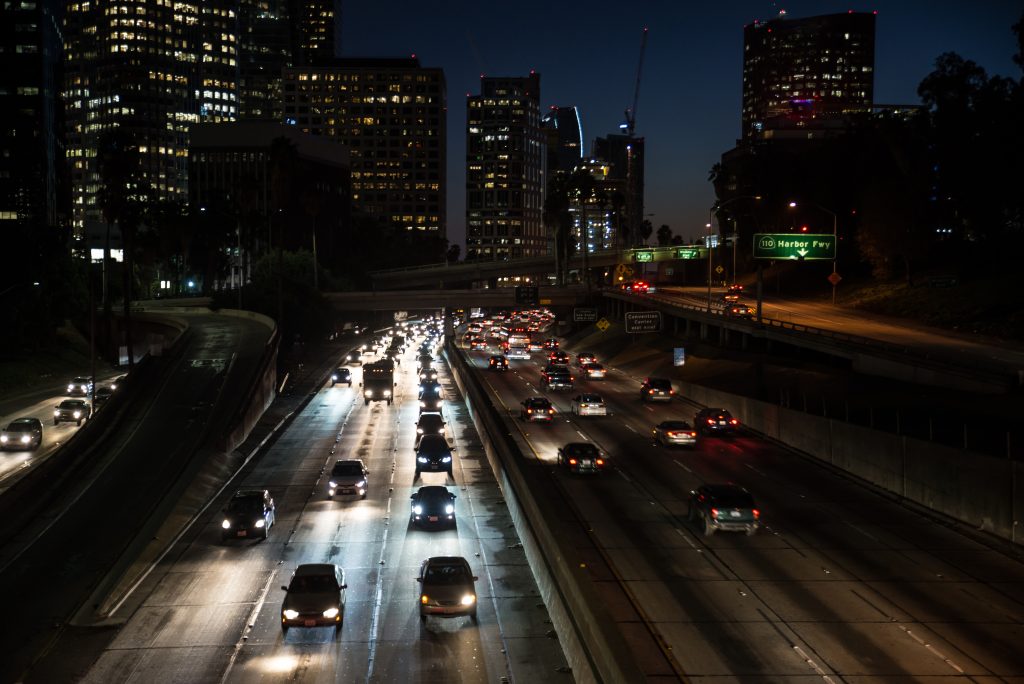Driving at night presents unique challenges due to reduced visibility, dazzling lights, and the potential for sleepiness and fatigue.
Long trips can be demanding, and nighttime driving adds an extra layer of complexity.
While our advice is to avoid long-distance night driving whenever possible, if it’s unavoidable, here are some practical tips to help you stay safe on the road after dark.
1. Check Your Lights Before Starting Your Journey
In the dark, visibility diminishes, and lights can become blurred, making distances seem misleading.
Ensure that all your vehicle’s lights are in working order. Both front and rear lights are essential for both seeing and being seen in the dark.
Before your trip, inspect all lights and replace any that are not functioning correctly.
To do this effectively, wait until nightfall, park your car on an even surface facing a wall, and check the brightness of your lights.
If you encounter issues with your headlights, visit your local Tayaria outlet using our dealer locator tool.
2. Beware of Oncoming Vehicles and Traffic Lights
To prevent being dazzled by the headlights of oncoming cars, avoid looking directly at the glare, as it can impair your vision temporarily, potentially leading to swerving or an accident.
If you are suddenly dazzled, quickly divert your gaze, preferably to the road, and follow the white line marking the edge to maintain your position.
If this doesn’t resolve the issue, slow down gradually rather than abruptly, as sudden braking may catch vehicles behind you off guard, leading to rear-end collisions.
3. Avoid High Speeds
Nighttime driving makes it particularly challenging to anticipate what lies ahead, even with functioning lights.
It’s advisable to drive at reduced speeds to account for unforeseen events, such as sudden braking, a vehicle on the hard shoulder, or oncoming traffic.
Recognize that your reaction times may be slower at night, so driving at a lower speed allows you to respond more effectively to unexpected situations or come to a stop if necessary.
4. Don’t Drive at Night When Tired
Driving while tired or drowsy is always risky, and nighttime conditions can intensify feelings of fatigue.
If you begin to feel drowsy during a nighttime drive, avoid waiting until you’re completely exhausted. Look for a place to spend the night and continue your journey in the morning.
Alternatively, arrange for someone else to take over the driving if you’re not traveling alone.
Some drivers attempt to combat fatigue with coffee or energy drinks, but these may have a rebound effect, leading to increased tiredness.
5. Avoid Caffeinated Drinks
While it may seem tempting to consume caffeinated beverages to stay awake while driving at night, they can have a counterproductive rebound effect.
After the caffeine wears off, you may experience increased fatigue, potentially leading to drowsiness and even falling asleep at the wheel.
Driving at night presents unique challenges, so taking necessary precautions is crucial for your safety and the safety of others on the road.
In addition to these driving tips, consider visiting a Tayaria workshop for a comprehensive vehicle check to ensure your vehicle is in optimal condition for nighttime journeys.





